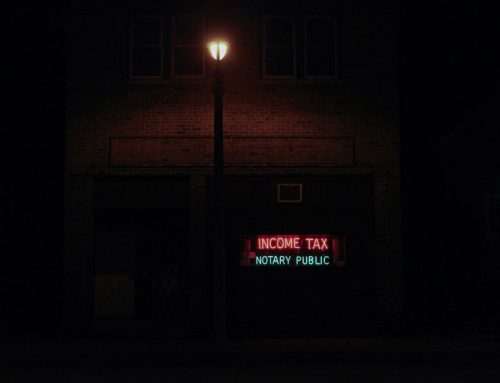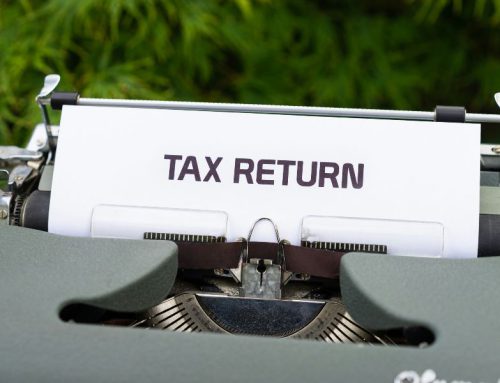Singapore is a very attractive place to do business. It is safe, corruption-free, has a highly-skilled workforce and a very attractive corporate tax system. Singapore has a single-tier corporate tax system. There is no double taxation on the monies received by shareholders. Tax paid by a company for its chargeable income is final and all dividends paid to shareholders are exempt from taxes. There is also no capital gains and withholding taxes.
Singapore’s corporate tax is a flat 17%
The corporate tax filing deadline is:
- 30th November for hard copy
- 15th December for e-filing
In Singapore, the corporate income tax is assessed on a preceding year basis. This means that the basis period for a particular Year of Assessment (YA) refers to the Financial Year End (FYE) of the year preceding the YA.
For example, for YA 2018, you will be filing your corporate tax for the period whereby your FYE ended between 1at January 2017 to 31st December 2017.
Example:
Company’s financial period is 1st April to 31st March of every year.
Financial period of 1st April 2016 to 31st March 2017 (FYE ended in 2017) will be YA2018
Please note that e-Filing of Corporate Income Tax returns (Estimated Chargeable Income (ECI), Form C and Form C-S) will be made compulsory in phases.
For YA 2018: Companies with revenue more than $10 million in YA 2017
For YA 2019: Companies with revenue more than $1 million in YA 2018
For YA 2020: All companies
There are two types of forms to fill
- Form C
- Form C-S
Form C-S is for qualifying small companies and has fewer fields to fill.
Form C-S comprises:
- A declaration statement of the company’s eligibility;
- Information on tax adjustments; and
- Information from the financial accounts.
Aside from having to fill fewer fields, qualifying small companies are not required to submit financial statements and tax computation as essential tax information and financial information would have to be declared in the Form C-S. Despite this, companies should still prepare the financial statements and tax computation and submit them to IRAS upon request.
From YA 2017, companies will qualify to file Form C-S if they meet all of the following conditions:
- The company must be incorporated in Singapore;
- The company must have an annual revenue of $5 million or below
- The company only derives income taxable at the prevailing corporate tax rate of 17 per cent; and
- The company is not claiming any of the following in the YA:
- Carry-back of Current Year Capital Allowances/ Losses
- Group Relief
- Investment Allowance
- Foreign Tax Credit and Tax Deducted at Source
For all companies that do not qualify as a small company, they will have to submit Form C.
To file Form C, the company is required to submit the company’s financial statements, tax computation and supporting schedules.
You can refer to ACRA’s Tips on e-Filing Form C here.
IRAS has provided a Basic Corporate Tax Calculator. You can access this calculator here.
For accounting advice, you may contact our accounting partner Singapore Accounting Services at [email protected].
Yours Sincerely,
The editorial team at Singapore Secretary Services
For more useful articles and videos, visit the Singapore Secretary Services resource page.
If you would like to submit a question or would like us to do an article on certain topics, please email us at [email protected].
For accounting, bookkeeping, tax and XBRL matters, visit SingaporeAccountingServices.com.







[…] Corporate Income Tax Returns (Form C-S of Form C): To be submitted by 30th November. […]